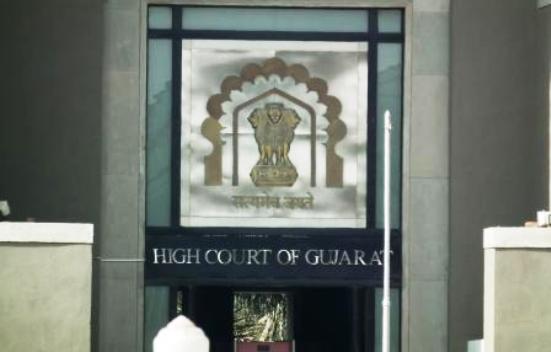LI Network
Published on: 20 August 2023 at 16:40 IST
The Gujarat High Court addressed the issue of whether a woman can file a complaint of cruelty under Section 498A of the Indian Penal Code (IPC) after divorce.
Justice Jitendra Doshi presided over the case [Rameshbhai Danjibhai Solanki V. State of Gujarat] and clarified that such complaints can only pertain to incidents that occurred during the course of the marriage.
The Court emphasized that allegations made under Section 498A of the IPC are targeted at “the husband” and “relatives of the husband.” This wording signifies that the accuser must establish a connection with the accused in these capacities.
The judgment noted that this terminology does not encompass the terms “former husband” or “ex-husband” or include any references to “relatives of the former husband or ex-husband.”
However, the Court pointed out that the provision also employs the term “woman,” indicating that the person filing a Section 498A case need not necessarily be the “wife” at the time of filing.
This clarification ensures that the legislated protection extends to divorced women as well, provided that the alleged instances of harassment and cruelty occurred during the period of marriage.
The Court further elaborated that once a competent court issues a divorce decree, the marital bond is dissolved, leading to the disappearance of the condition stipulated in Section 498A – that of “being the husband” or “relatives of the husband.”
Consequently, a complaint alleging an offense under Section 498A cannot be lodged concerning incidents that transpired post-divorce.
This judicial stance was taken in a case involving a divorced woman who lodged a Section 498A complaint nearly 20 months after her divorce.
The complaint implicated her ex-husband and his family. However, the complaint did not provide specific instances of cruelty or harassment during the marriage, and the Court found that the allegations lacked substance.
The Court concluded that the complaint appeared to be driven by motives of vengeance and as a countermeasure to the divorce decree. Accordingly, the case was dismissed by the Court.

